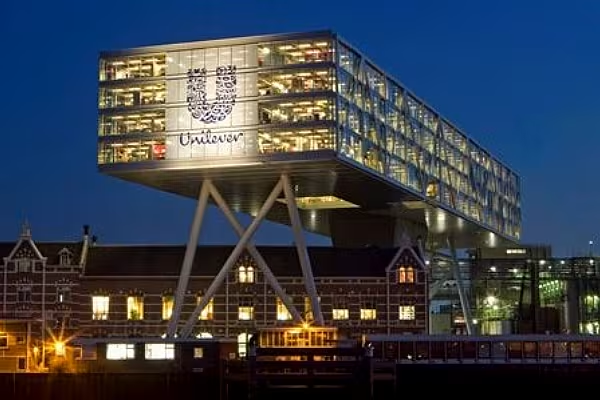If Unilever picks Rotterdam over London as its new headquarters, Britain will need to ask itself why. One reason might be that the UK's corporate culture puts shareholders first - and this money-grabbing ethos is behind the times.
Theresa May's government is braced for the Anglo-Dutch consumer group to leave London, the Financial Times reported on Wednesday.
Unilever started reviewing its dual-headed structure after Kraft Heinz Company's failed $143 billion takeover approach a year ago. Switching to a single jurisdiction was part of its strategic rethink designed to curry favour with shareholders.
The current arrangement is antiquated and would have hindered major corporate steps such as a demerger.
Impending Decision
The decision may still be finely balanced. London remains Europe's financial centre with excellent international transport links for globetrotting senior managers. The city attracts talent from around the world. On the other hand, the Dutch listed company is the bigger half of Unilever's market capitalisation.
It's such a tough and politically sensitive issue - with Brexit in the background - that CEO Paul Polman has been able to spin off Unilever's spreads business and implement a cost-cutting programme in the meantime.
But if the decision were to be made on cultural fit alone, the Netherlands might have the edge. Social responsibility is a Unilever mantra. Polman speaks constantly about sustainability.
Such an enterprise would surely feel most at home operating solely under Dutch corporate law, which demands that company directors weigh shareholder interests equally with those of other stakeholders.
Under UK Law, Unilever's directors are obliged to promote the success of the company "for the benefit" of its shareholders. Corporate success is the goal, but it is pursued on behalf of the investor. Directors only need to have "regard" for other stakeholders. It's an awkward compromise between shareholders and stakeholders.
Investor Relations
The reality is that many companies are nowadays acting as if they were Dutch anyway. Doubtless some corporations pay more tax than they could get away with - and than their investors want. That's because their ultimate master is societal norms.
Unilever shareholders may balk. The shares have fallen 18% since disappointing third-quarter results in October, and a Dutch-domiciled company would be less vulnerable to wealthy suitors. Nevertheless, a bid wouldn't be impossible.
A predator would have to frame an approach that was mindful of the need to win the support of the target's board - something that PPG Industries failed to do when trying to buy rival paintmaker Akzo Nobel last year.
As for Britain, the loss of the almost 90-year-old Unilever would be a heavy symbolic blow - especially if it came with an embarrassing swipe at Britain's model of capitalism.
News by Bloomberg, edited by ESM. Click subscribe to sign up to ESM: The European Supermarket Magazine.














